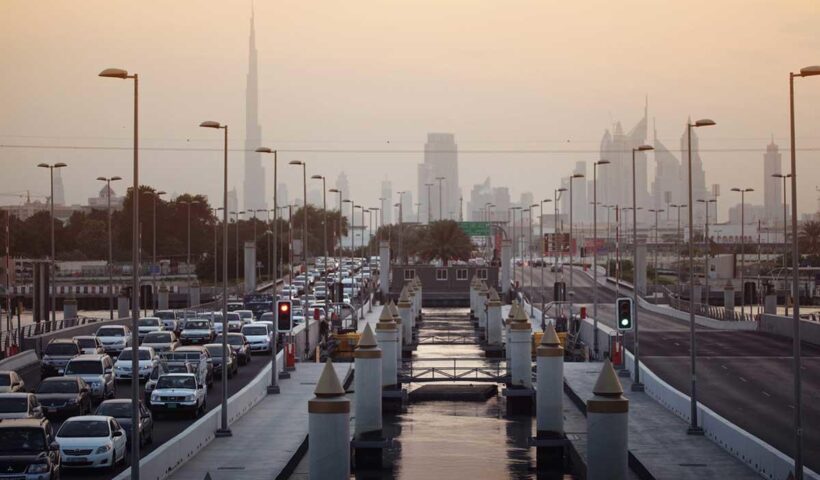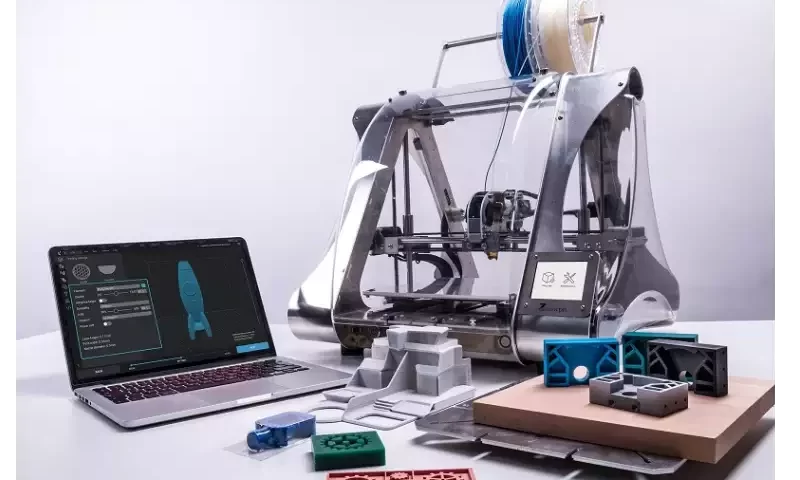New technologies have been introduced in a variety of methods and forms throughout the last few years. Users have been at the forefront of every innovation, whether it has been considering a new technology solution or reviewing current ones for upgrades to give better outcomes and meet needs.
In just a decade, technology has transformed how we go about our everyday duties, going from 3G flip phones to 5G touch-enabled smartphones! From being confined to a single location with a PC to using tablets for business needs while traveling. electric vehicles, virtual devices, and more. Technology has advanced significantly, not just in terms of hardware but also in terms of software. The way we travel and conduct business around the world has changed as a result of the rapidly increasing technology developments.
Adoption of cutting-edge technologies is greatly promoted and accepted in several nations, including the UAE, thanks to strong local government support. 2017 saw the first appointment of a Minister of Artificial Intelligence by the government, who did so in an effort to improve performance and foster an atmosphere that is both creative and highly productive for the nation’s enterprises. With Vision 2021, the UAE has successfully positioned itself as a hub for innovation and has served as a global ambassador for the Arab world.
The way goods and people travel throughout the emirate has altered as a result of the employment of technologies, particularly at two of Dubai’s largest projects, Drydocks World and the Floating Bridge. At Drydocks, the adoption of drive and control technologies allowed equipment of any size to operate more effectively.
Various technologies, including the IndraDrive ML or strong hydraulics, can be used depending on the task. The digitally controlled hydraulic tidal compensation has been fitted to raise or decrease the access ramps to suit the water level in order to ensure that traffic crosses the Floating Bridge securely. The bridge has made it possible for people to travel within and outside of the city, which has decreased travel times and improved traffic conditions, particularly during rush hours.
It is the first structure of its sort in the emirate and features six lanes that open each day to allow traffic to cross Dubai Creek. The UAE’s goal to adopt highly promising and developing technologies in the transportation industry is furthered by these technologies.
The introduction of ship lifts at Dubai’s Drydocks helped boost the city’s morale even more. Two technologically advanced ship lifts were installed with the goal of enhancing trade and transportation through dry-docks. These lifts offer comprehensive solutions for all maritime-related requirements, including maintenance, repair, and yacht-building, in addition to satisfying industrial, academic, residential, and lifestyle requirements.
Even in the most severe weather, it only takes 40 minutes to lift the ship above sea level using the two ship lifts, each of which has a capacity of 3000 and 6000 tons. With the aid of frequency converters and Linux-based control systems, both ship lifts are operated by computerized control systems, making them more environmentally friendly and labor-intensive.
The inauguration of Hyperloop technology from Dubai to Abu Dhabi, which will reduce travel time to just 12 minutes, will be the most anticipated means of trade and transportation. Hyperloop technology will move at unfathomable speeds, with the greatest safety standards and sustainability at its core.
The recent debut of the completely self-driving human flight in Dubai has gained international acclaim and raised the bar for other autonomous vehicle launches. With the proper application of technology across all industries, we can jointly develop an independent lifestyle. Technology is assisting in the more efficient movement of both people and freight.



